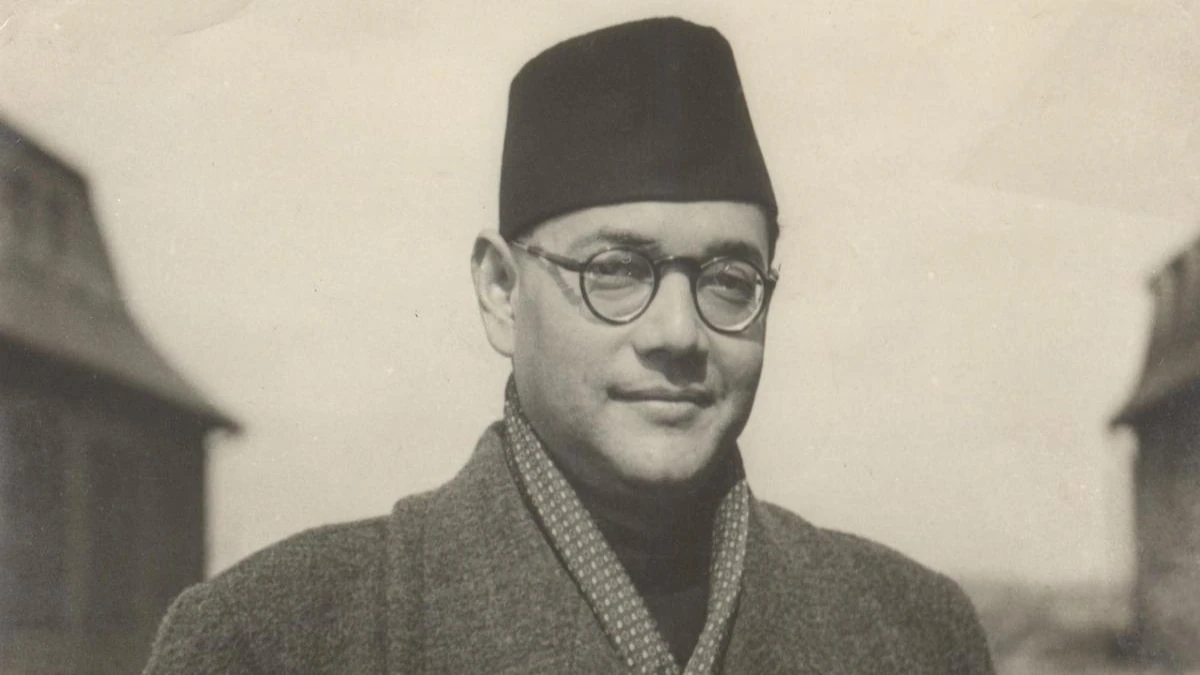In the shadows of a world engulfed by war in 1941, Netaji Subhas Chandra Bose landed in Berlin, fervently pursuing alliances with powers like Germany and Japan to dislodge British rule in India. As political dynamics evolved, Netaji’s commitment to India’s liberation was marked by his recognition of Mahatma Gandhi’s contribution on a broadcast on 2 October 1943, saluting Gandhi’s role in India’s fight for freedom.
Gandhi and Bose’s relationship, mired with divergent ideologies, took a public turn after the notable Congress session at Tripuri in 1939, where Bose was elected President against Gandhi’s preference, sparking intensive correspondence reflecting their opposing strategies for liberation. Bose’s intent was to capitalize on worldwide conflict to dismantle the British Empire, which he saw as an impediment to India’s and humanity’s progress. In contrast, Gandhi adhered to nonviolent resistance, shaping India’s struggle with satyagraha and infusing hope among his countrymen.
Despite their differences, it is undeniable that both leaders played monumental roles in India’s push for independence. Bose’s powerful oration on Gandhi’s 75th birth anniversary illustrates reverence for Gandhi’s efforts, crediting him with resurrecting a nation from despair to a crest of optimism and conviction for emancipation.
Bose’s strategic foresight and military efforts to establish an ‘Army of Liberation’ manifested his firm belief in armed struggle as the decisive phase of India’s quest for freedom. As history unfolded, both leaders sculpted their own paths, with Bose’s military endeavours complementing Gandhi’s groundwork in sowing the seeds of resistance and national pride, converging on the ultimate goal of independence, despite their contradictory methodologies.
While the historical narrative continues to be scrutinized and contested, it remains evident that Gandhi’s and Bose’s legacies contributed synergistically to India’s freedom, regardless of the discordant notes in their personal philosophies. Bose’s tribute to Gandhi and his relentless quest manifests a nuanced understanding that independence was a multifaceted struggle, needing a chorus of disparate voices united by the common refrain of liberty.
